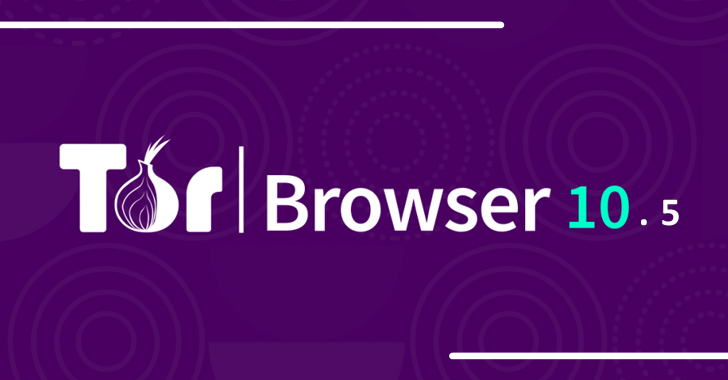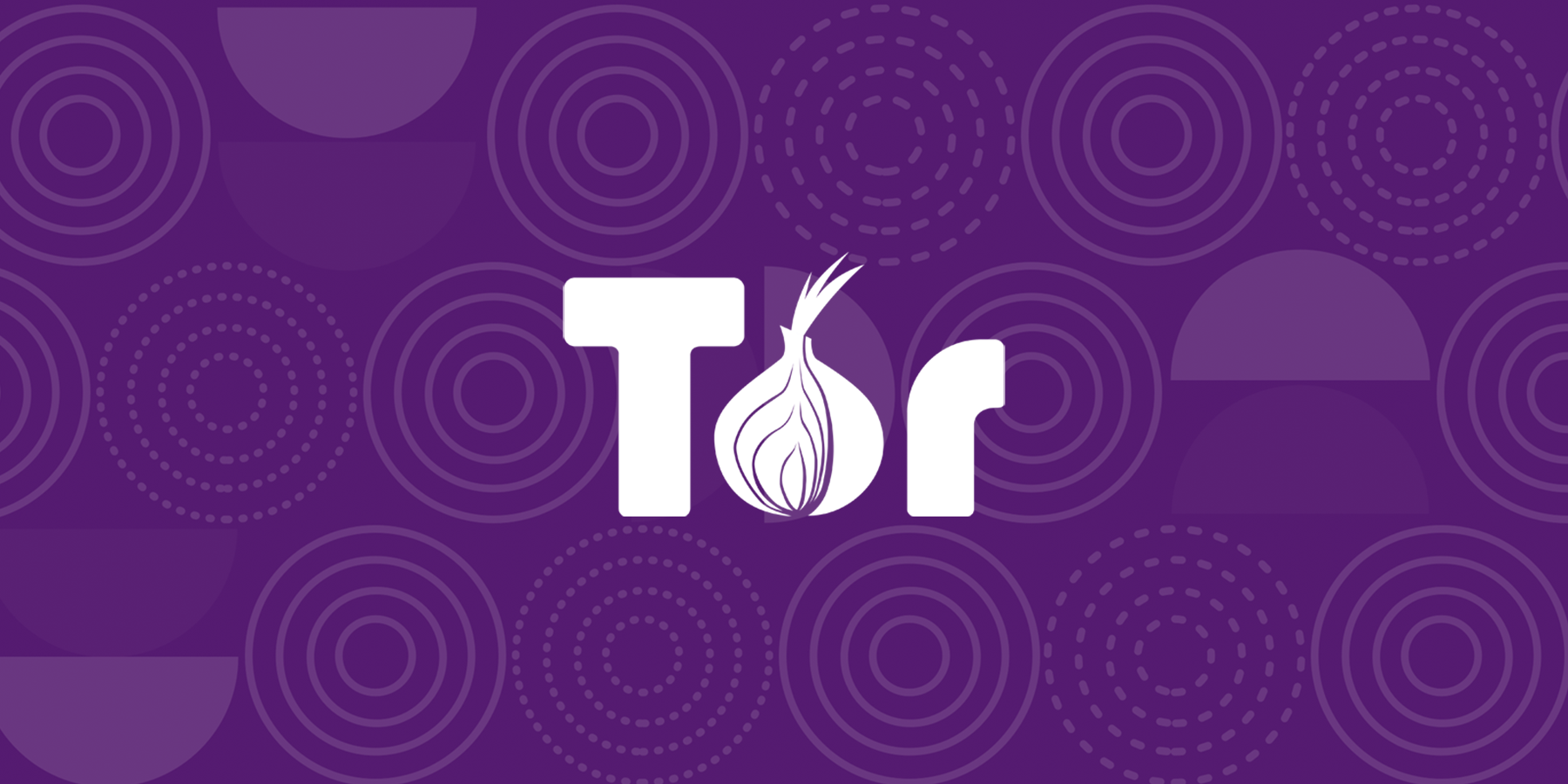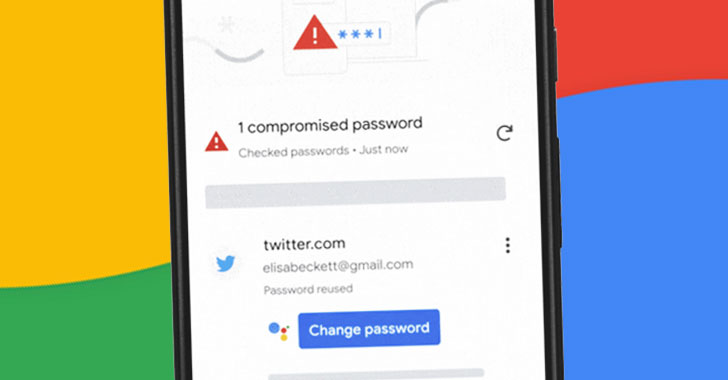
Microsoft Rolls Out AI Scareware Blocker In Edge Browser
Microsoft introduces Scareware Blocker tool with Edge browser version 133 in preview mode, seeking users' feedback.

Microsoft introduces Scareware Blocker tool with Edge browser version 133 in preview mode, seeking users' feedback.

Atomic Mac stealer (AMOS) now targets macOS devices via fake Safari browser updates as part of the ClearFake social engineering campaign.

A North Korean-backed threat group tracked as Kimsuky is using a malicious browser extension to steal emails from Google Chrome or Microsoft Edge users reading their webmail.

Microsoft rolls out "Edge Secure Network" built-in VPN as Preview with Edge browser. It will encrypt traffic, change IP, and 1GB free data.
Chrome is one of the safest browsers out there. It actively protects users against malicious websites by notifying them of potential dangers, it has automatic updates, and it generally offers quite good data protection. However, no browser is secure enough for you not to take any extra measures. Pretty much all browsers (and Chrome is […]

Patch the Google Chrome Web Browser to resolve a new zero-day vulnerability found in the wild

Tor browser has released its latest version Tor Browser 10.5, this new version has mainly focused on the importance of security and anonymity.

The Tor Project has released Tor Browser 10.0.18 to fix numerous bugs, including a vulnerability that allows sites to track users by fingerprinting the applications installed on their devices.

Google Chrome browser to offer users a new feature allowing them to identify and reset their compromised passwords with just one-click.

Google patches two security vulnerabilities in Chrome for Windows, Mac, and Linux, both of which it says are under active exploitation.

While browser tracking protection blocks trackers after they are loaded, DuckDuckGo extension blocks trackers from loading right away.

Google today rolled out fixes for yet another zero-day vulnerability in Chrome web browser that is being abused in the wild. Update Your Browser ASAP!

Due to an adblocker bug, Brave browser leaked .onion addreses searched within Tor Mode to the public DNS servers. Patch released.

Brave has fixed a privacy issue in its browser that sent queries for .onion domains to public internet DNS resolvers rather than routing them through Tor nodes, thus exposing users' visits to dark web websites.

While the internet has become a must-have for the kids, especially during the global lockdown because of the COVID-19 pandemic, unattended exposure of kids to the internet world has become a security risk for innocent users as well. Addressing this issue, Microsoft has announced the launch of a dedicated “Kids Mode” in its Edge browser.

this article, you will find some advice on how you can tell if a website you are visiting is safe. Please, do not treat this information lightly, as it can play a vital role in protecting your data! If you do not want to get scammed in the virtual world, read on.

Over a dozen Google Chrome and Microsoft Edge browser extensions—dubbed 'CacheFlow' collectively—caught hijacking Google search results.

The privacy-focused search engine DuckDuckGo continues to grow rapidly as the company reached 102M daily search queries for the first time in January.

Google has updated its Chrome web browser, fixing four bugs with a severity rating of “high” and eight overall. Three are use-after-free flaws, which could allow an adversary to generate an error in the browser’s memory, opening the door to a browser hack and host computer compromise.

Two More Google Chrome Zero-Days Under Active Attacks: Update Browsing Software